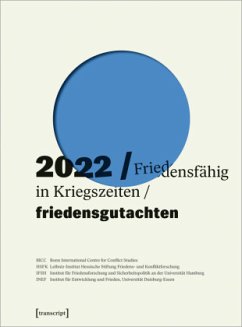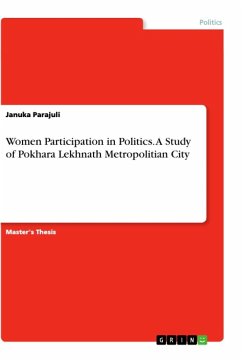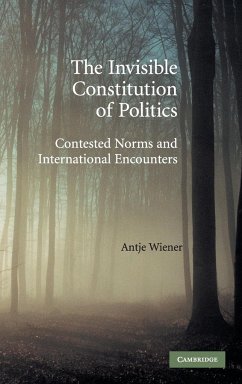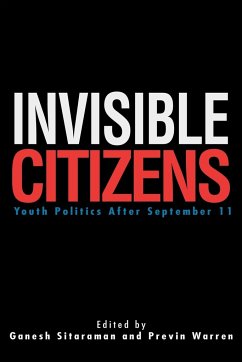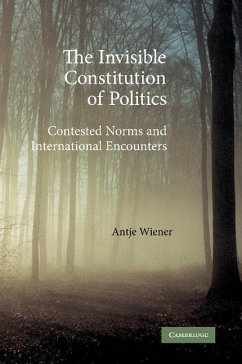
Invisible Labour in Modern Science

PAYBACK Punkte
22 °P sammeln!
This book explores how and why some people and practices are made invisible in science, featuring 25 case studies and commentaries that explore how invisibility can bolster or undermine credibility, how race, gender, class, and nation frame who can see what, how invisibility empowers and marginalizes, and the epistemic ramifications of concealment.




